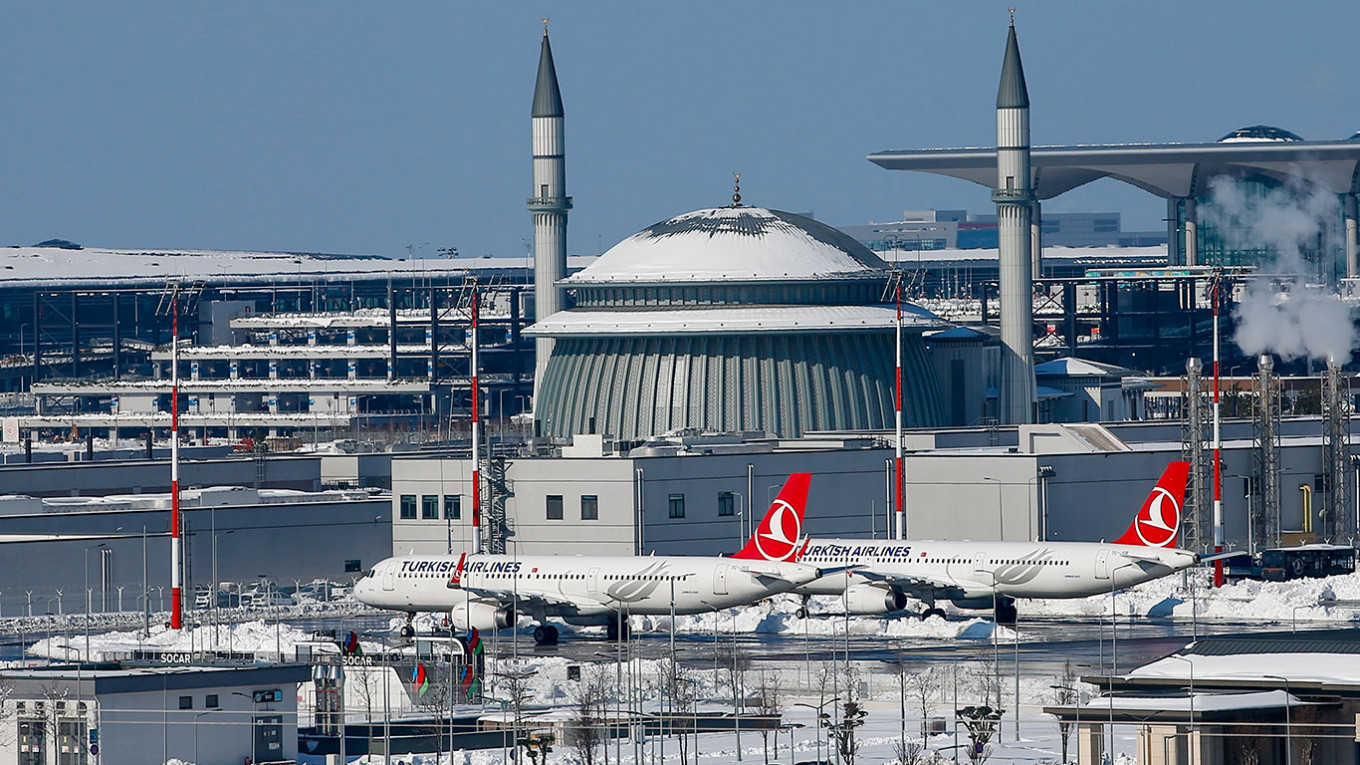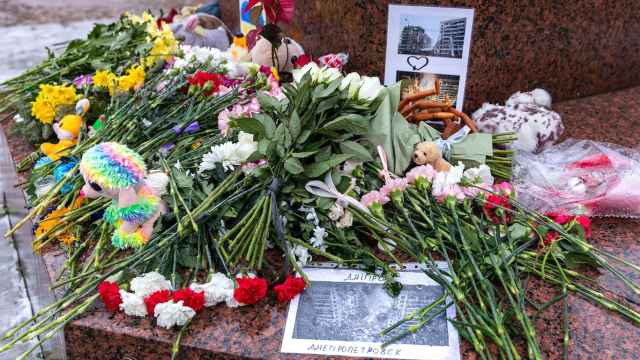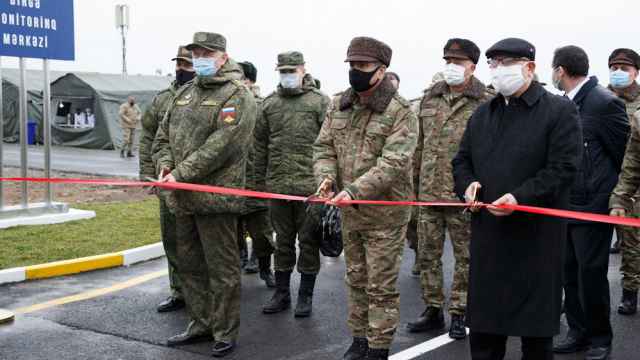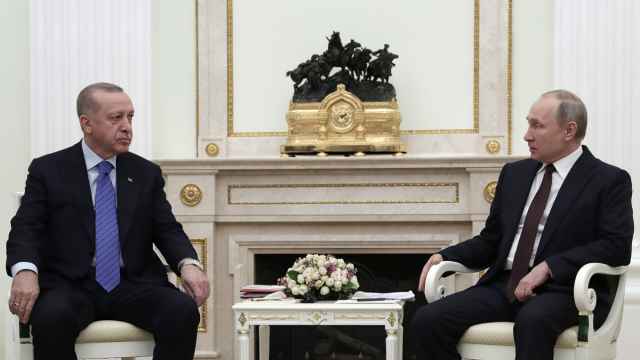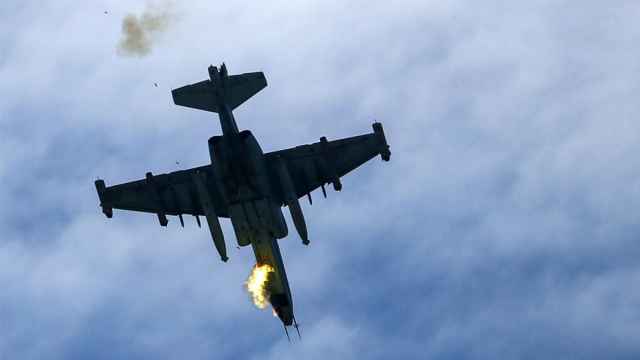Historic rivals Turkey and Armenia were due Wednesday to resume their first commercial flights in two years as part of cautious efforts to normalize strained ties.
Armenia and Turkey have no diplomatic relations, a closed land border, and a long history of hostility rooted in the mass killing of Armenians under the Ottoman Empire during World War I.
But in December, the two countries appointed special envoys to normalize relations, spurred by support from regional powerbroker Russia and Turkey's ally — and Armenia's arch-foe — Azerbaijan.
The special envoys met in Moscow last month for what they described as "constructive" talks.
The first flight run by Moldova's low-cost carrier FlyOne, which has a branch in Armenia, was expected to land on Wednesday evening at Istanbul Airport from Yerevan.
Another flight run by Turkey's Pegasus airline was due to take off from Istanbul's second airport, known as Sabiha Gokcen, late on Wednesday, for the Armenian capital.
A Pegasus spokeswoman said the budget airline will fly three flights to and from Yerevan a week.
Aram Ananyan, FlyOne chief in Armenia, told AFP there would be two weekly return flights between Yerevan and Istanbul.
Analysts called the resumption of flights a positive but cautious first step in the difficult journey of normalizing the sides' acrimonious ties.
"This is, of course, good news but it's also just a restoration of a previous situation," Thomas De Waal, a senior fellow at Carnegie Europe think tank, told AFP.
"The involvement of Pegasus, a regular Turkish carrier, rather than charter flights as previously is a positive step but not a revolutionary one," he said.
"So though I welcome this very much I would hesitate to give it too much political significance," he added.
The flights between the two capitals were interrupted after the low-cost Turkish company Atlasglobal — which had several flights per week — filed for bankruptcy in February 2020.
Passengers were then forced to transit via Georgia.
The land border between Turkey and Armenia has been closed since 1993, forcing trucks to travel through Georgia or Iran.
A Message from The Moscow Times:
Dear readers,
We are facing unprecedented challenges. Russia's Prosecutor General's Office has designated The Moscow Times as an "undesirable" organization, criminalizing our work and putting our staff at risk of prosecution. This follows our earlier unjust labeling as a "foreign agent."
These actions are direct attempts to silence independent journalism in Russia. The authorities claim our work "discredits the decisions of the Russian leadership." We see things differently: we strive to provide accurate, unbiased reporting on Russia.
We, the journalists of The Moscow Times, refuse to be silenced. But to continue our work, we need your help.
Your support, no matter how small, makes a world of difference. If you can, please support us monthly starting from just $2. It's quick to set up, and every contribution makes a significant impact.
By supporting The Moscow Times, you're defending open, independent journalism in the face of repression. Thank you for standing with us.
Remind me later.


